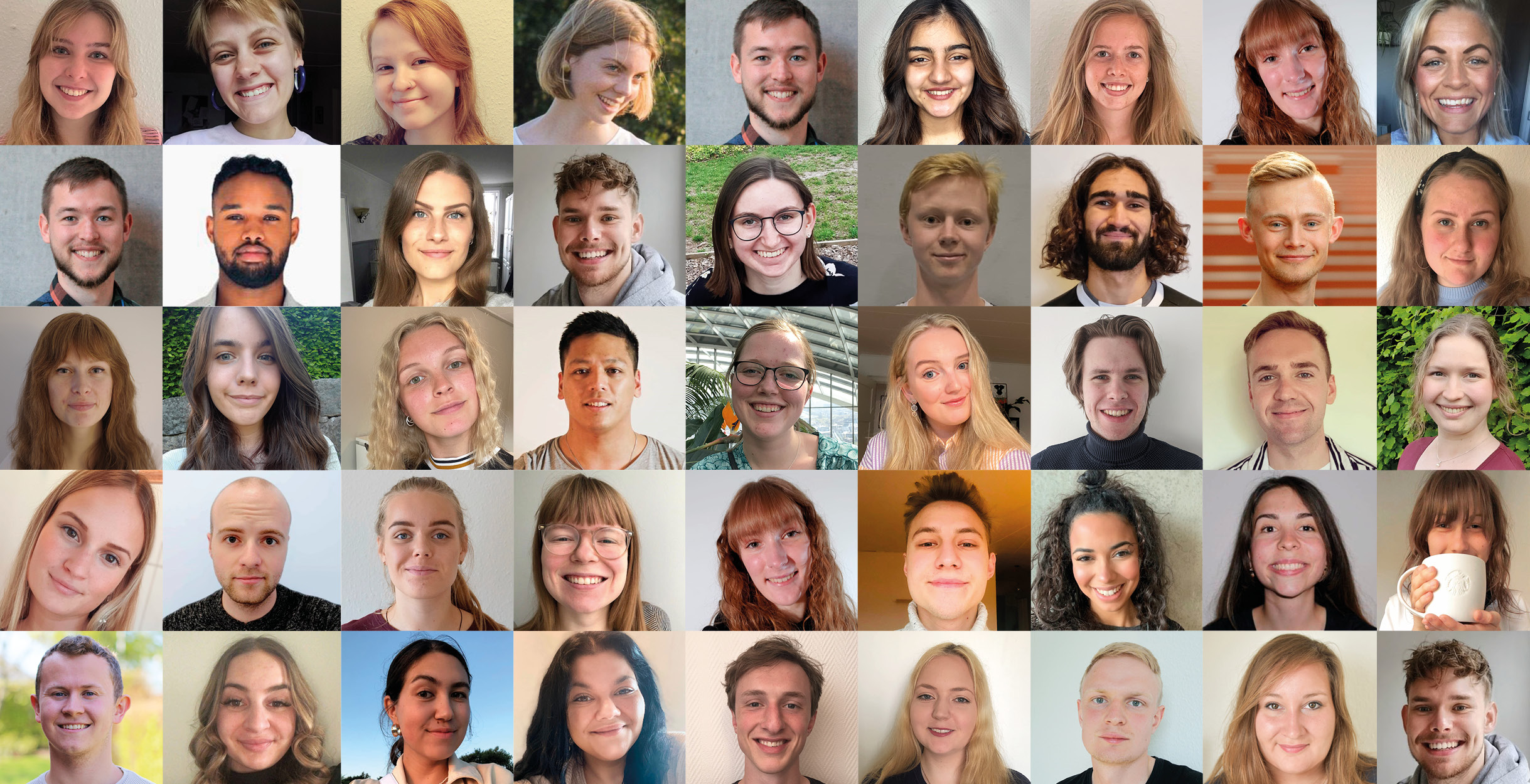What other engineers build; electronic engineers make intelligent. Are you one of them?
Engineers in electronics play an indispensable role in reducing CO2 emissions and making the transition to sustainable energy. Are you passionate about developing innovative electronic equipment? Then continue reading.
Take a quantum leap - become an engineer in Electronics
An electronics engineering degree from SDU gives you a wide range of career opportunities both in Denmark and abroad. There is a shortage of electronic engineers, and the skills you have developed will be sought after across a wide range of industries.
First-job guarantee
As a new engineering graduate from SDU Sønderborg, you are offered 6 months of employment if you haven’t landed your first job after you finished your BEng studies.
Read more about first-job guarantee
Reasons to study
That is why you should study...
- You are guaranteed your first job once you have completed the programme
- You will learn how to develop analogue and digital electronics
- You will get a company-oriented education with good career opportunities
What will you learn?
You will learn how to develop several types of electronic products. This can, e.g., be within green energy systems such as wind turbines and solar cells, robots, electric cars or electronics for medical equipment.
You will
- learn about analogue, digital and power electronics as well as signal processing
- learn how to develop advanced software as well as the use of computer-based modelling and simulation tools for electronic components and circuits
- be taught in the design of electronic circuits, which requires strong skills in advanced mathematics and a good understanding of the underlying physics
- learn to consider not only the technical aspects – a broader approach is needed when developing new electronic products
- learn to include all relevant aspects such as economy and the environment when developing new products
- get used to working in project groups where you and your fellow students will solve problems for companies through case-based work
- learn both how to apply the theoretical knowledge in practice as well as how to work on a project incl. project planning, risk assessment, teamwork etc.
Read more about the subjects and curriculum here.
How is the education structured?
The programme consists of a combination of theoretical courses and project work. Each semester consists of a main theme which is the basis for the theory and project work.
- In the first semester, you are introduced to the basic electronic components and how to analyse electronic circuits. You learn how to write a program for an embedded computer system, and you build up your knowledge in mathematics and physics.
- In the second semester, you will learn about more advanced electronic circuits with active components, signal processing using electronic filters as well as more advanced mathematical tools for circuit analysis.
- In the third semester, you will build on your knowledge of electronics and work with more complex electronic systems such as frequency converters and electric motors as well as learning about digital signal processing.
- In the fourth semester, you will work with digital electronics and advanced hardware and software as well as learn the basics of control engineering systems.
- The fifth semester is about interdisciplinary collaboration, where you work in a project group with students from other engineering disciplines and where you will combine your electronics expertise with their expertise within, e.g., mechanical engineering to develop a complex product. You can also choose to study this semester abroad.
- In the sixth semester, you will have a mandatory internship in a company. The internship can be spent in Denmark or abroad.
- In the seventh and final semester, you work on your graduation project - often in cooperation with a company.
Read more about the structure of the programme.
What can you become?
With a BEng in Electronics, opportunities truly are many and global. You can, e.g., work with electronics for sustainable energy technology or for medical equipment, computers and data networks, software development, robot and drone technology and many other types of products that are based on advanced electronics.
Can you continue your studies?
A BEng in Engineering is an independent, complete education. So after the 3½ years, you are a graduate engineer and ready to start your engineering career.
If you want to immerse yourself further, you can take a Master of Science in Electronics (Sønderborg) or Master of Science in Energy Systems (Odense).




